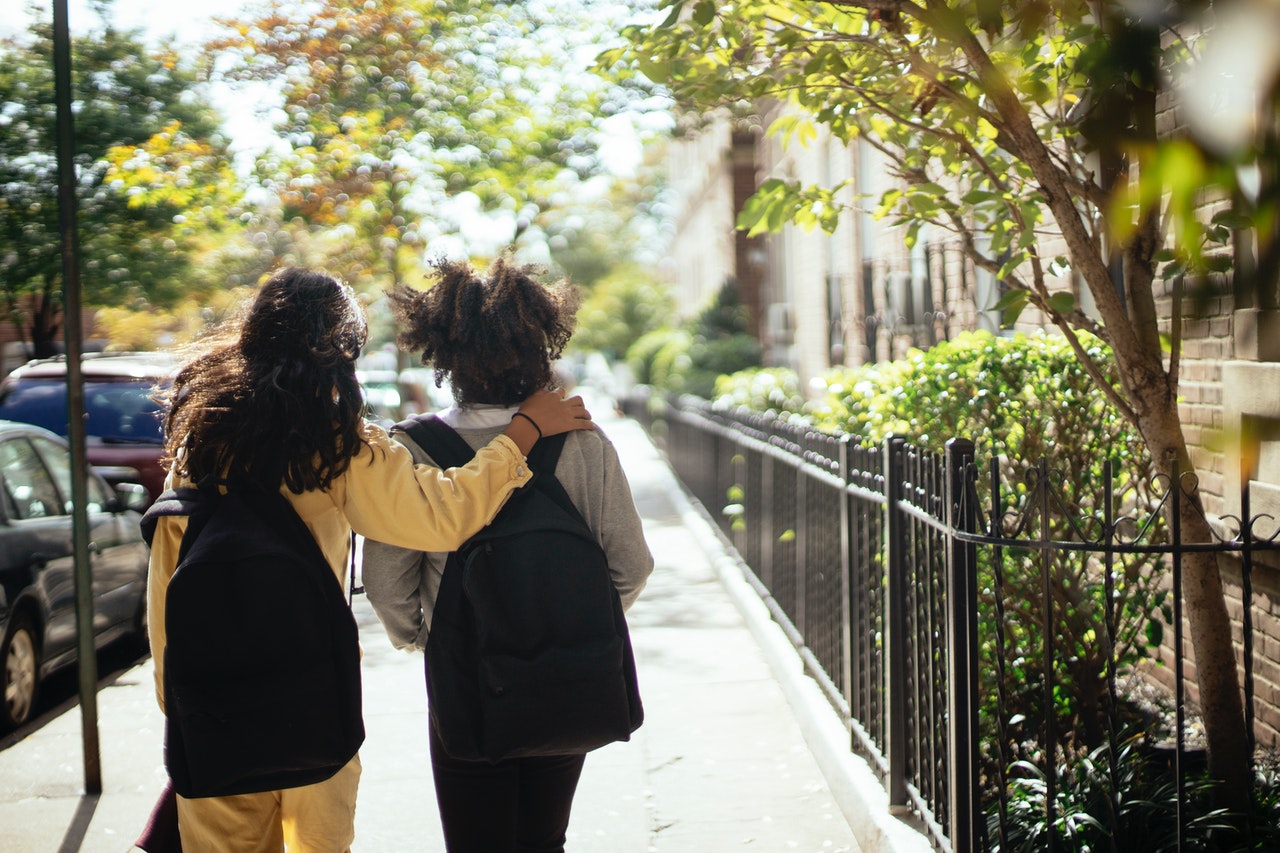Of all the groups to experience severe trauma and fallout from the years of lockdowns, masks and anxiety, young children are among the worst. Disruption to routines, exposure to more electronic material, virtual schooling, staying indoors and being isolated have all contributed to an epidemic of severe mental health issues in children under 16, although this extends to adolescents too. Not just the threat of isolation, many disadvantaged young people have been pushed towards gang membership, county lines drug trafficking, addiction, self-harm and violence. In response to this, the Commission on Young Lives have done deep analysis of the issues and collected evidence over the last year to present to MPs, regulators and potential prime ministerial candidates. From their brief, “The ‘Commission on Young Lives’ launched in September 2021 to fight back with coordinated national action to transform the outcomes of the most marginalised teenagers. It is a major year-long independent commission chaired by Anne Longfield, the former Children’s Commissioner for England”.
A new report authored by the Commission and the Children & Young People’s Mental Health Coalition and Centre for Mental Health was released on 30th July which tackles the issues and what measures are needed to begin to transform outcomes for the most disadvantaged children.
The review looks into the latest data on mental health among children and young people but specifically focuses on those disadvantaged groups who are at higher risk. This includes minority ethnic communities, young people from racialised communities, lower socioeconomic backgrounds, those who have been in contact with the criminal justice systems and youth in the LGBT community. Including input from mental health practitioners, the report is a manifesto to present to the highest levels of government, and may just be a tipping point in how MPs vote later this month on the next PM.
In the report, the two candidates for PM are called to the mat to pledge what Is coined as a once-in-a-generation post-Covid £1bn Recovery Package for children’s mental health services. Furthermore, the Commission wants to see guarantees that time targets for children needing mental health treatment is not delayed and the 4-week period goal is honoured. Given how polarised these issues are and the depth of the problem, one thinks that if there were ever to be a general election then this conundrum would surely be on the ballot.

Delving into some of the data, the report states that Covid had an explosive effect on mental health services in the UK, not least for children’s specific care. The problem seems to be exponential, with now 1 in 6 children aged 6-16 identifying probable mental health issues last year, up from one in nine in 2017. A further 47% increase was seen in emergency referrals to crisis care teams in under-18-year-olds between December 2019 and April 2021. Despite recent pledges to have mental health teams in all schools, the report shows there will be mental health teams in only a third of all schools, leaving two thirds of children in schools without much needed resource. Among other outcomes, the report had some top-level headlines on disadvantaged and vulnerable youths.
Many children and young people who get in to trouble with the law grow up in high-risk families with high levels of addiction, poor mental health, domestic and community violence and neglect.
Most have had poor educational experiences and have been outside the school system for years; not attending school, excluded, marginalised with very poor communication and critical thinking skills.
Many have poor mental health, often alongside poor physical health and special educational needs.
Half have been in the care of the state and transition to adulthood is a particular challenge.
Many have been influenced or groomed by criminal gangs, experience extreme levels of intimidation and violence and are victims themselves.
Most are boys and half in custody are Black and minority ethnic children.
Alongside the pledges set out in the report, it demands action on education and wellbeing programmes in schools to implement a nationwide education into children’s learning. No further movement has been seen on mental health hubs in schools and the report also calls for these to be expanded to every school. Crucially, the report calls on ministers to consider radical reform of young offender’s institutes, rehabilitation programmes and sentencing. In light of this hot button topic, the report calls for a compassionate look into sentencing for young people, asking the justice system to look at the totality of the child’s circumstances, with young offenders with sentences much more likely to feel trapped and commit further crimes. This, alongside guaranteed mental health assessments, is a much-needed breath of fresh air to mental health discussion in the UK, and it remains to be seen what the two prime ministerial candidates can do to begin to address root causes.
